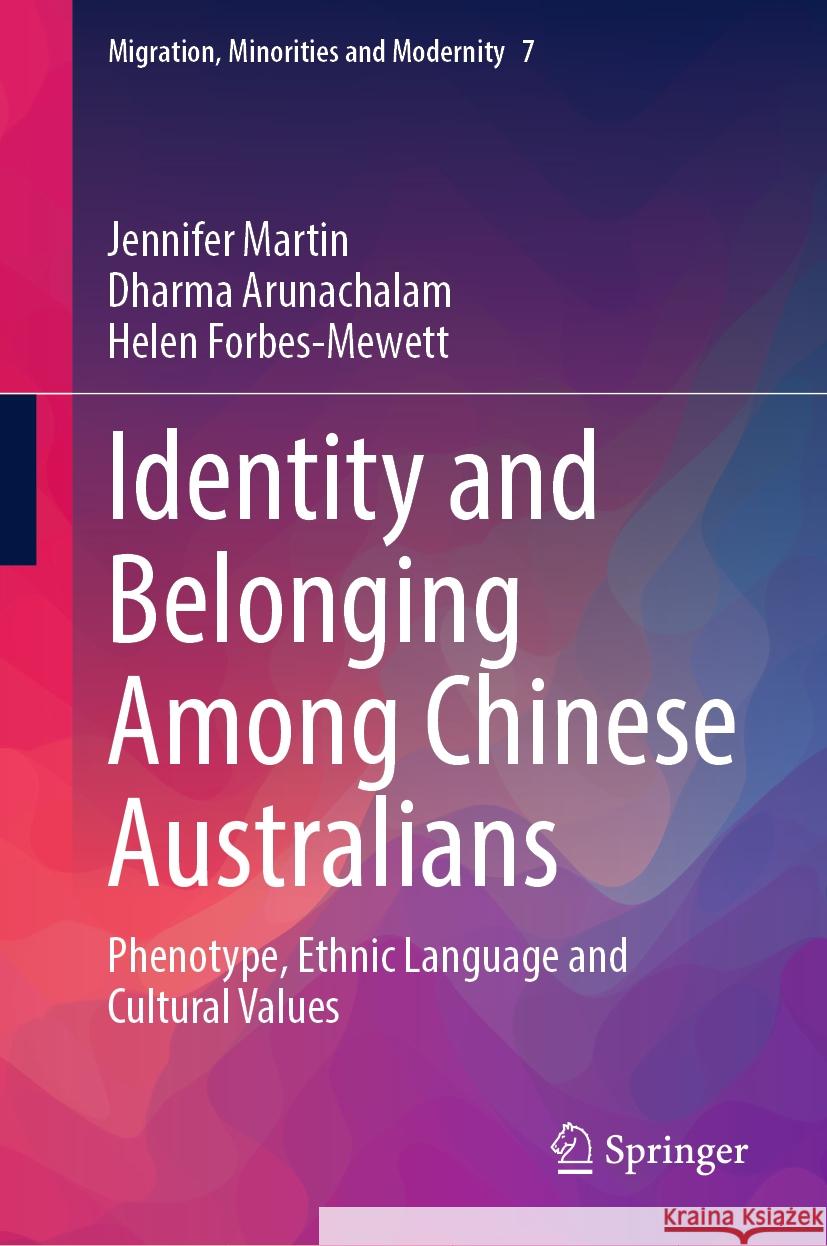Identity and Belonging Among Chinese Australians » książka
topmenu
Identity and Belonging Among Chinese Australians
ISBN-13: 9783031478611 / Angielski / Twarda / 2023
This book describes the ethnic identity construction involved in ‘being’, ‘feeling’ and ‘doing’ Chinese for multi-generation Australian-born Chinese, who were born and raised in a different social environment. It demonstrates how Chineseness is manifested in a multitude of ways and totally debunks any notion that being Chinese is a simple identity marker. The book shows that while there are commonalities with the American-born, the experiences of Australia-born Chinese are distinct in many ways.
This book is a timely and critically examination of the inescapability of Chineseness particularly when social and economic stability is threatened and those in power are looking for a scapegoat.











